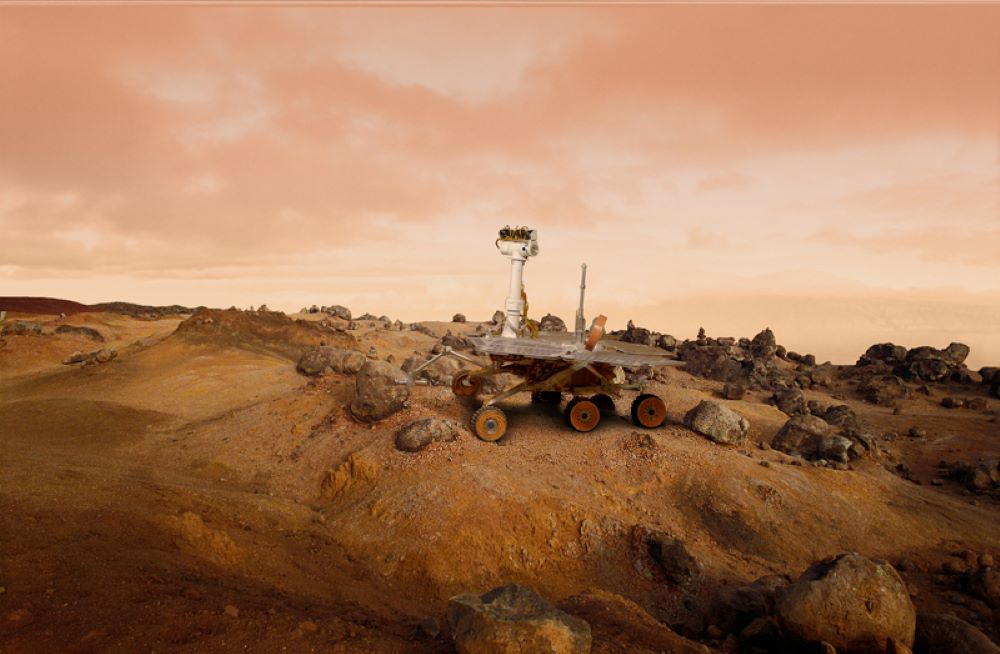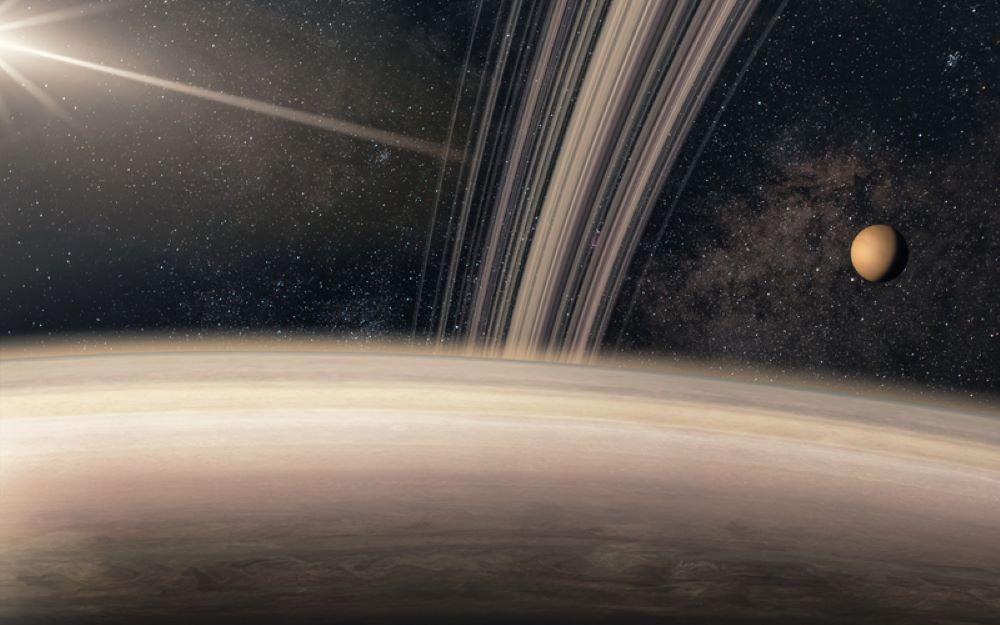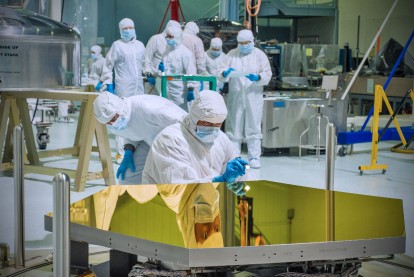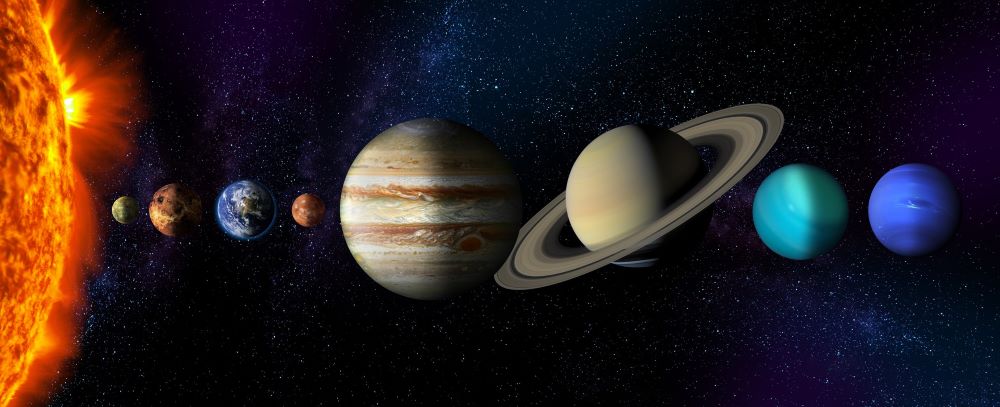Insights on planetary protection
-
Introduction to Planetary Protection
Learn more to access more details of Introduction to Planetary ProtectionAs we explore the Solar System, it is important that we do not accidentally contaminate untouched and unspoilt extraterrestrial environments in any way. In this free course you will learn about ‘Planetary Protection’ and why it is critical for our future exploration and use of space. This course has been developed with support from the ...

-
What is Planetary Protection?
Read now to access more details of What is Planetary Protection?As we explore the Solar System, it is important that we do not accidentally contaminate untouched and unspoilt extraterrestrial environments in any way. This is especially true when searching for evidence of life. This article explores the concept of ‘Planetary Protection’ and why it is critical for the future of space exploration.

-
Planetary Protection of Mars
Read now to access more details of Planetary Protection of MarsMars continues to be at the forefront of international space exploration programmes, but as plans to bring samples back from the red planet and perhaps even send humans there edge closer, how can we ensure we do not contaminate the very environment we’re interested in understanding more about?

-
Planetary Protection of Icy Worlds
Read now to access more details of Planetary Protection of Icy WorldsAs our understanding of life and its potential beyond Earth improves, attention is moving towards smaller bodies, including moons and dwarf planets in the outer regions of our Solar System. But how can we strike a balance between exploring these new worlds and ensuring they remain unspoilt?

-
Supporting sustainable and responsible space exploration
Read now to access more details of Supporting sustainable and responsible space explorationSilvio Sinibaldi explores some of the current challenges and opportunities in planetary protection.

-
Planetary Protection: Space Governance and the Search for Life
Read now to access more details of Planetary Protection: Space Governance and the Search for LifeWhat is planetary protection? This article explores the policies and legislative action of forwards and backwards contamination.

-
Space: to boldly, but cautiously, go.
Take part now to access more details of Space: to boldly, but cautiously, go.Space exploration is full of possibilities, especially when searching for signs of life. But the reality is complex. What lies behind the many decisions that have to be taken to design and run a space exploration mission?

-
How do rules on contamination limit our ability to explore space?
Read now to access more details of How do rules on contamination limit our ability to explore space?For good reasons, there are rules about how we run the risk of introducing Earth microbes onto other planets. Dave Rothery suggests we might need to relax those standards as we explore further.

-
Is there life on Europa?
Read now to access more details of Is there life on Europa?The potential for an ocean on Jupiter’s moon Europa opens up the possibilities of it being habitable for life. With missions due to visit the moon in the coming decade, it is an exciting time for astrobiologists. This article explores why Europa might be a target in the search for life, and what the potential might be of finding it there.

 This article is part of the Astrobiology Collection on OpenLearn. This collection of free articles, interactives, videos and courses provides insights into research that investigates the possibilities of life beyond the Earth and the ethical and governance implications of this.
This article is part of the Astrobiology Collection on OpenLearn. This collection of free articles, interactives, videos and courses provides insights into research that investigates the possibilities of life beyond the Earth and the ethical and governance implications of this.
Try a FREE course on astrobiology
-
The search for water on Mars
Learn more to access more details of The search for water on MarsThe possibility of water on Mars has captured human imagination for over a century. In this free course, The Search for Water on Mars, find out more about how scientists have found evidence for water in the red planet’s past and present, and what this might mean for the possibility of life beyond Earth.

-
Icy bodies: Europa and elsewhere
Learn more to access more details of Icy bodies: Europa and elsewhereThe new discipline of astrobiology that is, the science of searching for extraterrestrial life, is not only rapidly growing, but has also captured the public imagination. This free course, Icy bodies: Europa and elsewhere, examines the emergence of icy satellites of distant planets as potential sites of extraterrestrial life, looks at the ...

-
Galaxies, stars and planets
Learn more to access more details of Galaxies, stars and planetsThis free course, Galaxies, stars and planets, is a general introduction, including scale of the universe from the very large to the very small; orbits and gravity; the Solar System; the Sun and other stars; galaxies and the composition of astronomical objects.


Rate and Review
Rate this article
Review this article
Log into OpenLearn to leave reviews and join in the conversation.
Article reviews